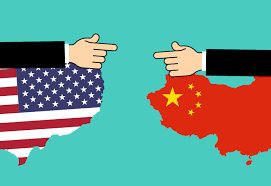
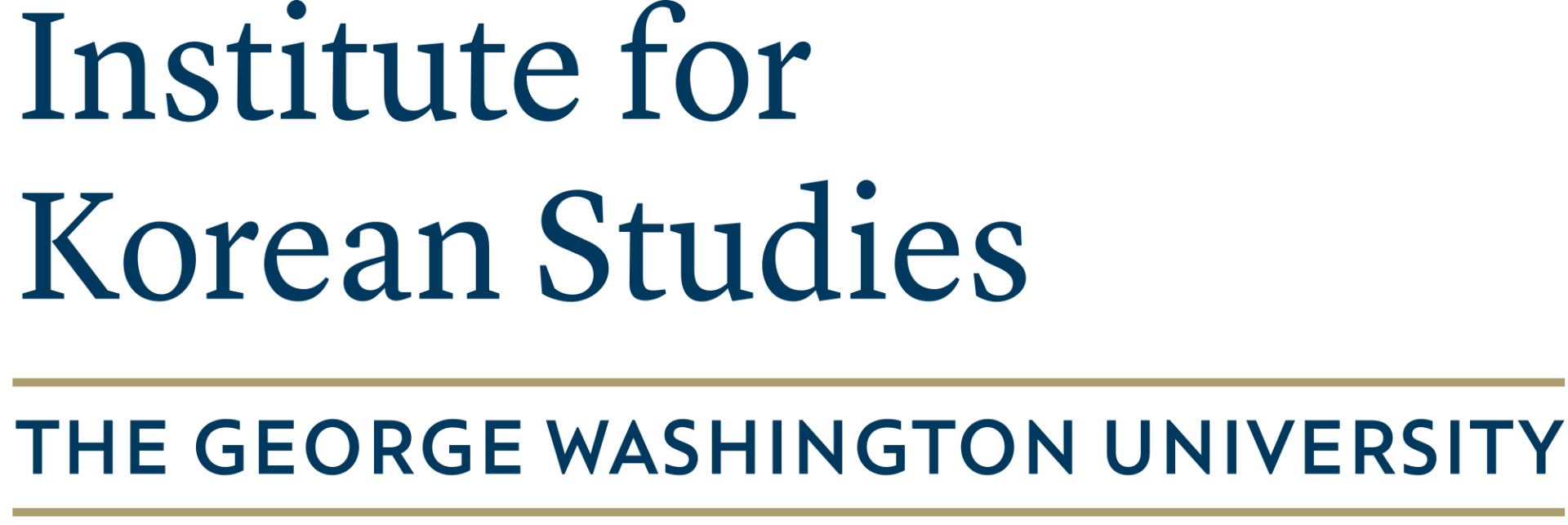
The GW Institute for Korean Studies & the East Asia National Resource Center Present:
Korea Policy Forum
“U.S.-China Strategic Rivalry and the Korean Peninsula“
Event Description
In recent years, the U.S. and China have been engaged in the strategic rivalry on both the security and economic fronts with the rise of China and the Trump administration’s new approach to U.S.-China relations. The Korean peninsula is facing growing uncertainties as the competition between the two great powers intensifies in the region. South Korea seeks autonomy while upgrading its traditional alliance with the U.S., whereas North Korea strives for a new relationship with the U.S. with strengthened ties with China. How will the changing strategic equations surrounding the Korean peninsula impact the security and prosperity in the region? The Korea Policy Forum at GWIKS will bring together three experts from South Korea, the U.S., and China to answer the question and discuss the strategic choices and paths for the Korean peninsula.
Speakers
Heung-Kyu Kim
Ajou University
Scott Snyder
Council on Foreign Relations
Jiyong Zheng
Fudan University
Moderator
Jisoo M. Kim
GW Institute for Korean Studies
Date & Time
Wednesday, October 1st, 2019
2:00 PM – 4:00 PM
Location
Room 505
Elliott School of International Affairs
1957 E Street, NW, Washington, DC 20052
Note: This event is open to public and on the record.
Speakers
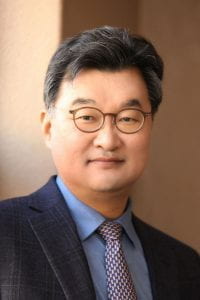
Heung-Kyu Kim is the founder and Director of China Policy Institute and professor in the department of political science at Ajou University, South Korea. He also served as a professor at the Institute of Foreign Affairs and National Security, South Korea’s Ministry of Foreign Affairs. His current assignments include Director of Foreign Affairs Subcommittee on the Presidential Commission on Policy-Planning, Team Leader of Security and Defense in the Presidential Task Force of Future Vision 2045, a board member of the National Security Council and a board member of National Defense Reform Commission, Ministry of National Defense. Kim has written more than 300 articles, books, and policy papers regarding Chinese politics and foreign policy, and security issues in Northeast Asia. They include China and the U.S.-ROK Alliance: Promoting a Trilateral Dialogue (CFR, 2017), Enemy, Homager or Equal Partner?: Evolving Korea-China Relations (2012), From a Buffer Zone to a Strategic Burden: Evolving Sino-North Korea Relations during Hu Jintao Era (2010). His book China’s Central-Local Relations and Decision-Making received an award for Excellency of the Year by the Ministry of Culture in 2008. He also received the NEAR Foundation Academic prize of the year in the area of foreign policy and security in 2014. Kim received his BA and MA in international relations from Seoul National University, South Korea, and Ph.D. in Political Science from the University of Michigan.
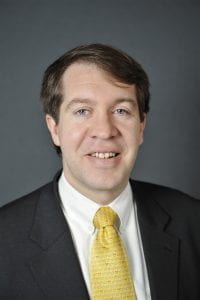
Scott A. Snyder is a senior fellow for Korea studies and director of the program on U.S.-Korea policy at the Council on Foreign Relations (CFR). His program examines South Korea’s efforts to contribute on the international stage; its potential influence and contributions as a middle power in East Asia; and the peninsular, regional, and global implications of North Korean instability. Mr. Snyder is the author of South Korea at the Crossroads: Autonomy and Alliance in an Era of Rival Powers (January 2018) and coauthor of The Japan-South Korea Identity Clash: East Asian Security and the United States (May 2015) with Brad Glosserman. He is also the coeditor of North Korea in Transition: Politics, Economy, and Society (October 2012), and the editor of Global Korea: South Korea’s Contributions to International Security (October 2012) and The U.S.-South Korea Alliance: Meeting New Security Challenges (March 2012). Mr. Snyder served as the project director for CFR’s Independent Task Force on policy toward the Korean Peninsula. He currently writes for the blog Asia Unbound.
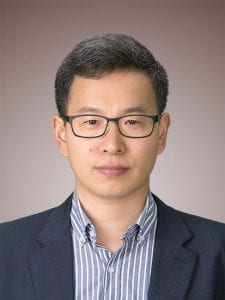
Jiyong Zheng currently serves as Professor and Director at the Center for Korean Studies, Fudan University, and Secretary-General of Shanghai Institute of Korean Studies. Zheng Jiyong joined the army and studied at the School of Foreign Languages, the Chinese People’s Liberation Army. In 1991, he was assigned to research the military and diplomacy of the Korean Peninsula. In 2009, he retired from the army and joined Fudan University. He received his Doctoral Degree at Fudan University and has had post-doctoral experiences at IFES, Kyungnam University, ROK(2009/09-2010/12) and in Kim Il Sung University, DPRK(2014/07-11), and was a visiting scholar in Seoul National University, ROK(2016/09-2017/09), and is currently a Visiting Scholar in The Henry L. Stimson Center. His research focuses on domestic politics in the two Koreas, and on bilateral and multilateral relations related to the Korean peninsula, and policy-making process in DPRK, China, and ROK. He is the author and co-author of more than 100 scholarly articles and author or editor of more than 10 books, including ROK’s Political Party Systems (2008), ROK’s Parliamentary Politics (2017), North Korea: Peace? Nuclear War? (2019), The “Conflict-Reconciliation” Cycle on the Korean Peninsula: A Chinese Perspective (2012), and Road Map to a Korean Peninsula Peace Regime: A Chinese Perspective (2015).
Moderator
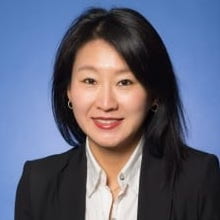
Jisoo M. Kim is Korea Foundation Associate Professor of History, International Affairs, and East Asian Languages and Literatures and Director of the Institute for Korean Studies at GW. She received her Ph.D. in Korean History from Columbia University. She is a specialist in gender and legal history of early modern Korea. Her broader research interests include gender and sexuality, crime and justice, forensic medicine, literary representations of the law, history of emotions, vernacular, and gender writing. She is the author of The Emotions of Justice: Gender, Status, and Legal Performance in Chosŏn Korea (University of Washington Press, 2015), which was awarded the 2017 James Palais Prize of the Association for Asian Studies. She is also the co-editor of The Great East Asian War and the Birth of the Korean Nation by JaHyun Kim Haboush (Columbia University Press, 2016). She is currently working on two book projects titled Suspicious Deaths: Forensic Medicine, Dead Bodies, and Criminal Justice in Chosŏn Korea and Sexual Desire and Gendered Subjects: Decriminalization of Adultery Law in Korean History.
